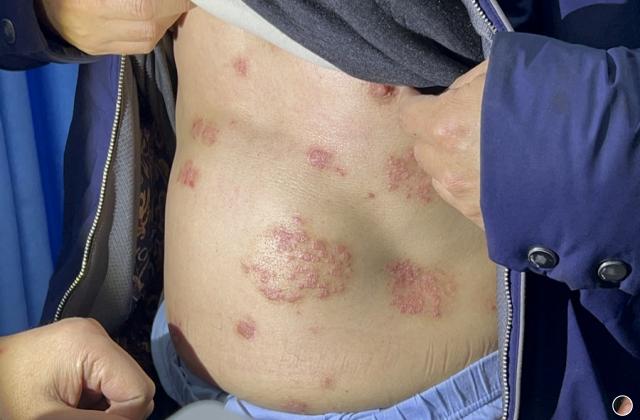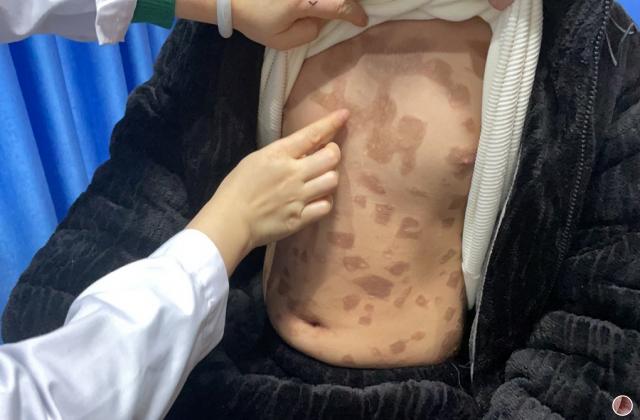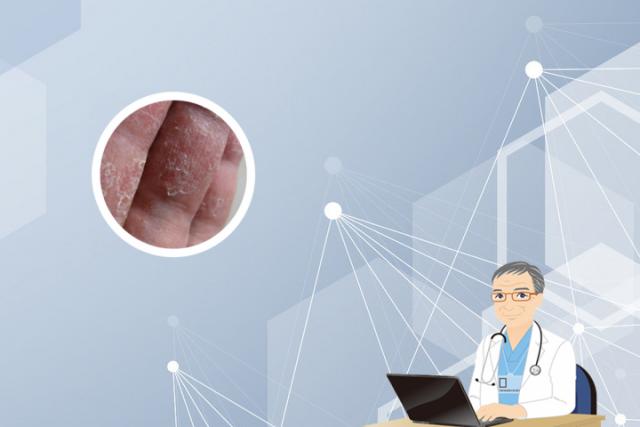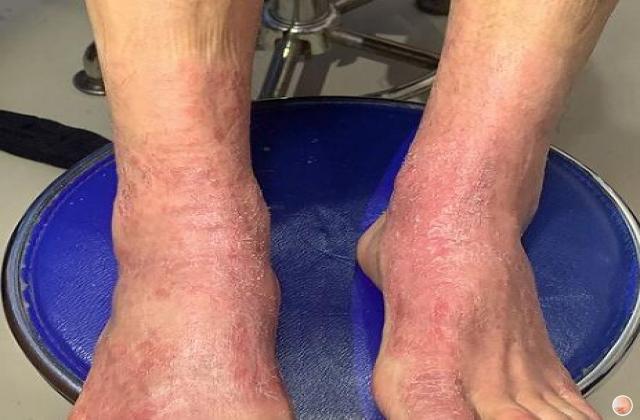我治好了我爸的银屑病英文

I cured my dad's psoriasis

First of all, congratulations on being able to cure your dad's psoriasis! It is not an easy condition to treat and requires patience, persistence, and the right treatment approach.
Psoriasis is a chronic autoimmune condition that affects the skin, causing red, scaly patches that can be itchy and painful. While there is no cure for psoriasis, there are treatments that can effectively manage the symptoms and improve quality of life.
The first step in treating psoriasis is to properly diagnose the condition. This involves a thorough medical history and physical examination by a dermatologist, as well as possibly a skin biopsy to confirm the diagnosis.
Once diagnosed, treatment can begin. There are several types of treatments for psoriasis, including topical medications, light therapy, systemic medications, and biologic drugs.
Topical medications for psoriasis include corticosteroids, vitamin D analogs, retinoids, and coal tar preparations. These medications are applied directly to the affected skin and can help reduce inflammation and control symptoms.
Light therapy, or phototherapy, uses ultraviolet light to treat psoriasis. This treatment can be done in a doctor's office or at home with a special lamp. Light therapy is often used in combination with topical or systemic medications for best results.
Systemic medications for psoriasis include oral medications such as methotrexate, cyclosporine, and acitretin. These medications work to suppress the immune system and reduce inflammation throughout the body.
Biologic drugs are newer medications that specifically target the immune system proteins that cause psoriasis. These medications are administered via injection or infusion and can be very effective in treating psoriasis.
It's important to work closely with a dermatologist to find the right treatment approach for each individual with psoriasis. Treatment may need to be adjusted over time as the condition changes or symptoms flare up.
In addition to medical treatments, certain lifestyle changes can also help manage psoriasis symptoms. These include avoiding triggers such as stress, alcohol, and certain medications, maintaining a healthy diet and exercise routine, and keeping the skin moisturized.
In summary, treating psoriasis requires a comprehensive approach that includes accurate diagnosis, appropriate medical treatments, and lifestyle modifications. With the right treatment plan, it is possible to effectively manage symptoms and improve quality of life for those living with psoriasis.










